Now that we've had our hands on the Magic Leap One for almost a year and early adopter developers have had the opportunity to publish apps for the AR headset, it's time to see how it stands up against the rigors of a day at the office. We did just that, and we wrote about it!
And it turns out that our evaluation of the Magic Leap One is timely, as Magic Leap just released a new version of the Lumin OS and SDK that give the device even more capabilities for potential office work.
Meanwhile, Magic Leap's legal foe Nreal proceeded with its plan to bring the Nreal Light to market, despite Magic Leap's objections. Finally, Apple has fired a shot at Google's mobile mapping dominance with a patent application for AR driving navigation.
Is Magic Leap Ready for the Office Worker?
Why do you need augmented reality? Because enterprise, they say. And while that's certainly true for several disciplines, there's still that mainstream use case hanging out there waiting for users to discover beyond the realm of enterprise and gaming.
After much thought, and taking the Magic Leap One through many different situations, Next Reality Editor Adario Strange decided it was time to see if one of those use cases might be using it for office work. Specifically, he wanted to see if the Magic Leap One could serve as a viable tool for the average white-collar office worker through a normal day.
Continue reading for a detailed account of his experiment and his impressions of Magic Leap as office machine...

Adario Strange/Next Reality
REALITY BITES: According to Snap's second quarter 2019 earnings release, Snapchat has increased its daily active users by 8% over the past year to 203 million. In prepared remarks, chief financial officer Derek Andersen attributed the growth to Snapchat's new AR Lenses, estimating that seven to nine million of the 13 million DAUs gained over the quarter came after the introduction of the new AR capabilities.
Magic Leap's Latest Lumin Update Adds Hand Mesh Tracking
While Magic Leap has remained mostly silent regarding its plans for its Magic Leap One successor, the software team continues to make strides with improvements to the device's Lumin OS and SDK.
In version 0.97 of Lumin OS, arguably the biggest change is the graduation of Map Merge, the cloud-based protocol for multiplayer support on Magic Leap One, to public beta, making experiences like the multiplayer mode on Dr. Grordbort's Invaders possible.
Read further for more details on the new superpowers the new version of Lumin bestows upon the Magic Leap One...
REALITY BITES: Unity Technologies continues to jockey for position with Epic Games and its Unreal Engine in the race for supremacy among 3D engines facilitating augmented reality development, and that competition extends into the realm of funding. On Thursday, the company announced investments from new partners D1 Capital Partners, Canada Pension Plan Investment Board, Light Street Capital, Sequoia Capital, and Silver Lake Partners, along with a $525 million tender offer to existing investors, which could bring total new investment to $675 million for the round. The company also doubled its valuation to $6 billion in the deal.
Nreal Releases SDK Despite Magic Leap Lawsuit
In the midst of fending off legal challenges from Magic Leap and Epic Games, startup Nreal isn't retreating. Instead, the company is digging in its heels and pushing forward with its launch plan for its Nreal Light smartglasses.
On Monday, the Beijing-based smartglasses released the beta version of NRSDK, the software developers kit for the forthcoming Nreal Light smartglasses. Interested parties can now register as a developer and then download the SDK through Nreal's website.
Read on to learn more about NRSDK and why its release is a fairly bold considering Nreal's legal situation in the US...
REALITY BITES: Investment experts at the Motley Fool have identified three companies working on augmented reality as stocks to buy: Microsoft, Qualcomm, and Apple.
Apple Ups the Ante with Google via AR Driving Navigation Patent
With Google taking on the sidewalks with augmented reality walking navigation for Google Maps, Apple has its sights set on the road.
In a patent application submitted in Jan. 2019 and published on Thursday by the US Trademark and Patent Office (USPTO), Apple has described a potential system for using a mobile device's camera (presumably, an iPhone or iPad, or another, unreleased mobile device) to overlay navigation prompts on the live view of the road in front of the driver.
Keep reading to find out how Apple's patent-pending system works and how it represents not only a challenge to Google but also a foundation for its future product strategy...
Every Friday, Next Reality reviews the latest headlines from the financial side of augmented and mixed reality. This weekly Market Reality column covers funding announcements, mergers and acquisitions, market analysis, and the like. Check out previous editions of Market Reality for more news you may have missed.
Cover image via Adario Strange/Next Reality








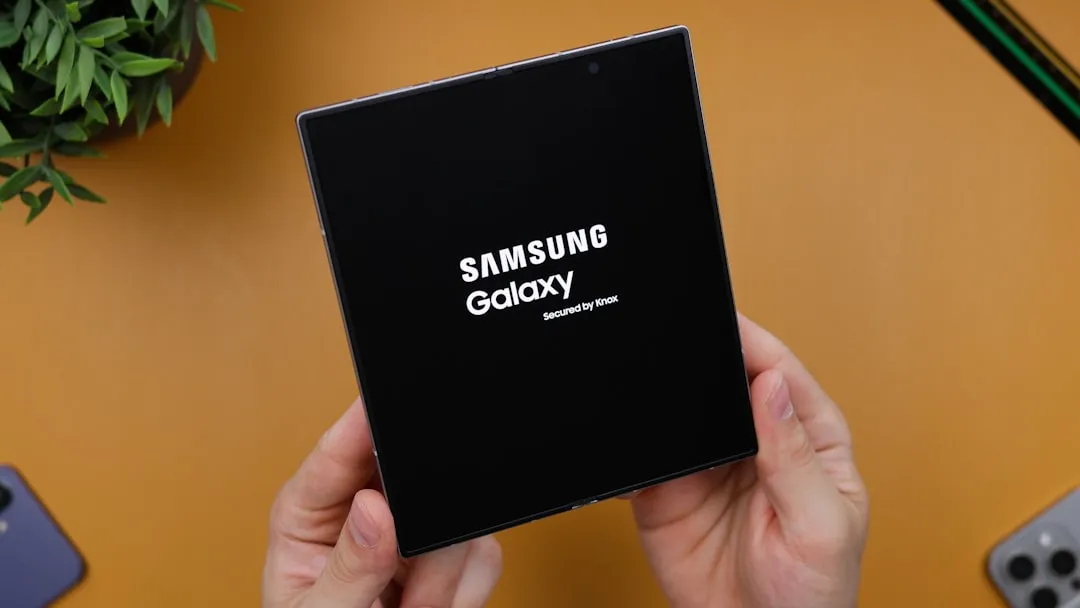



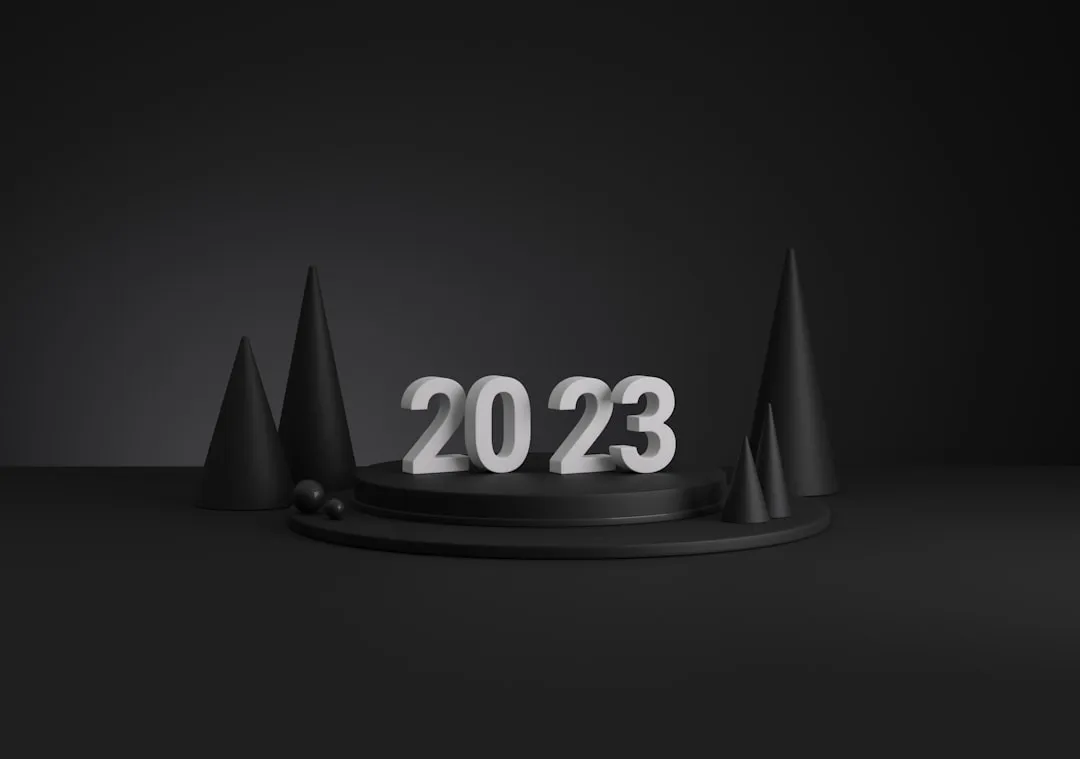

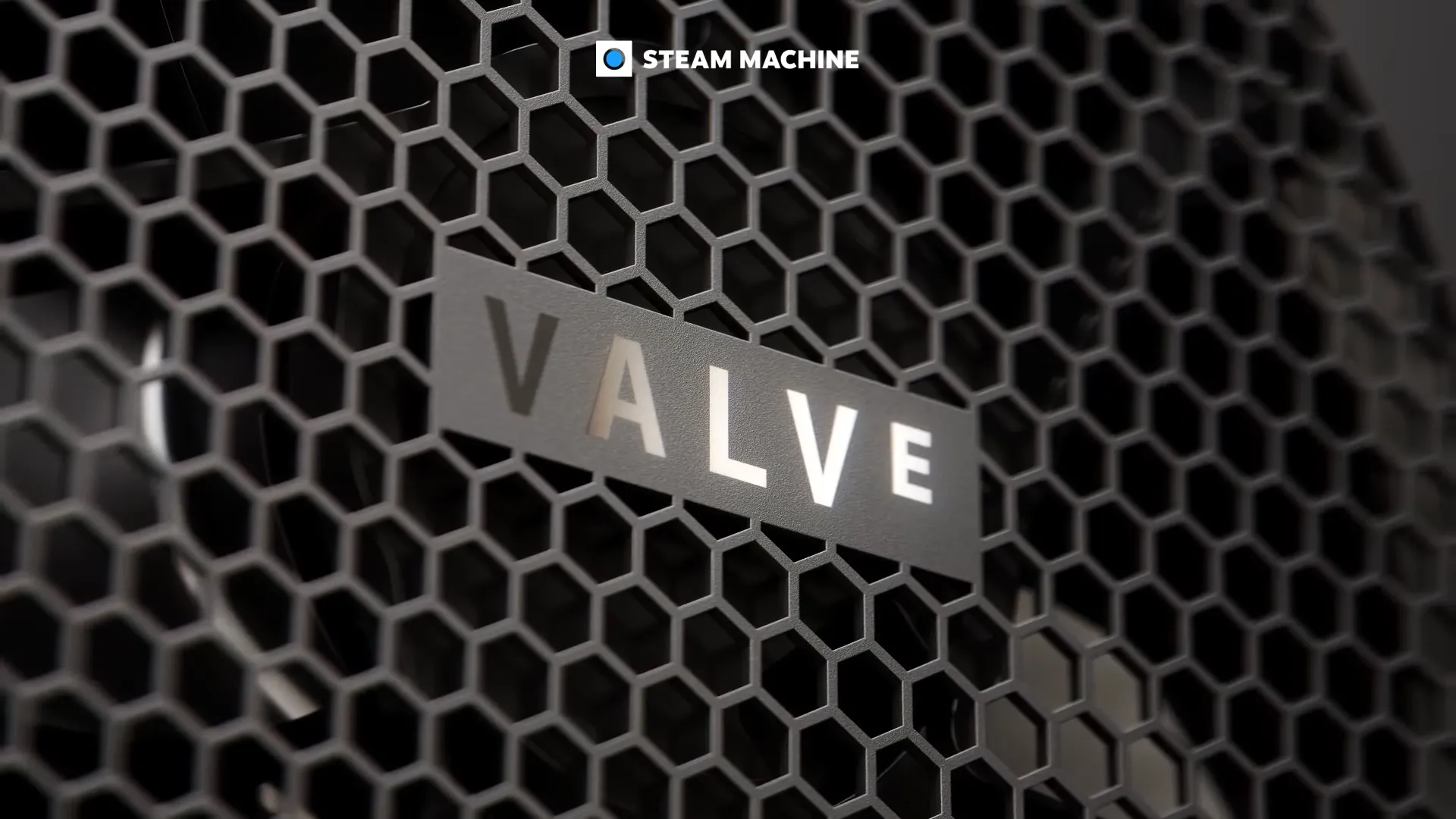
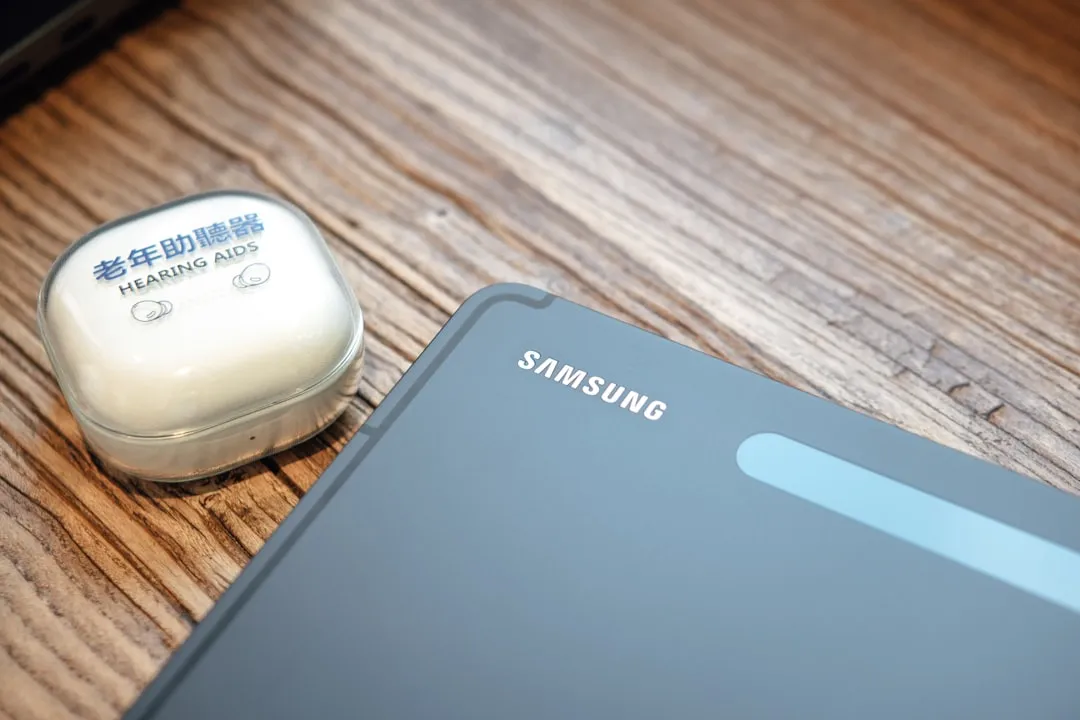
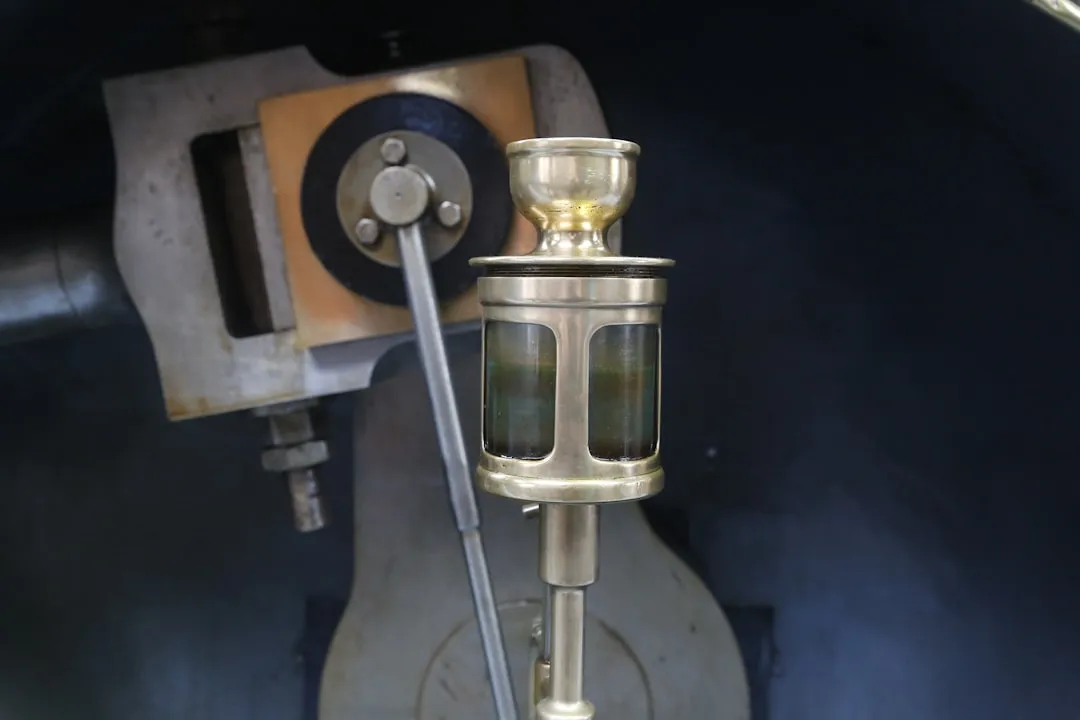


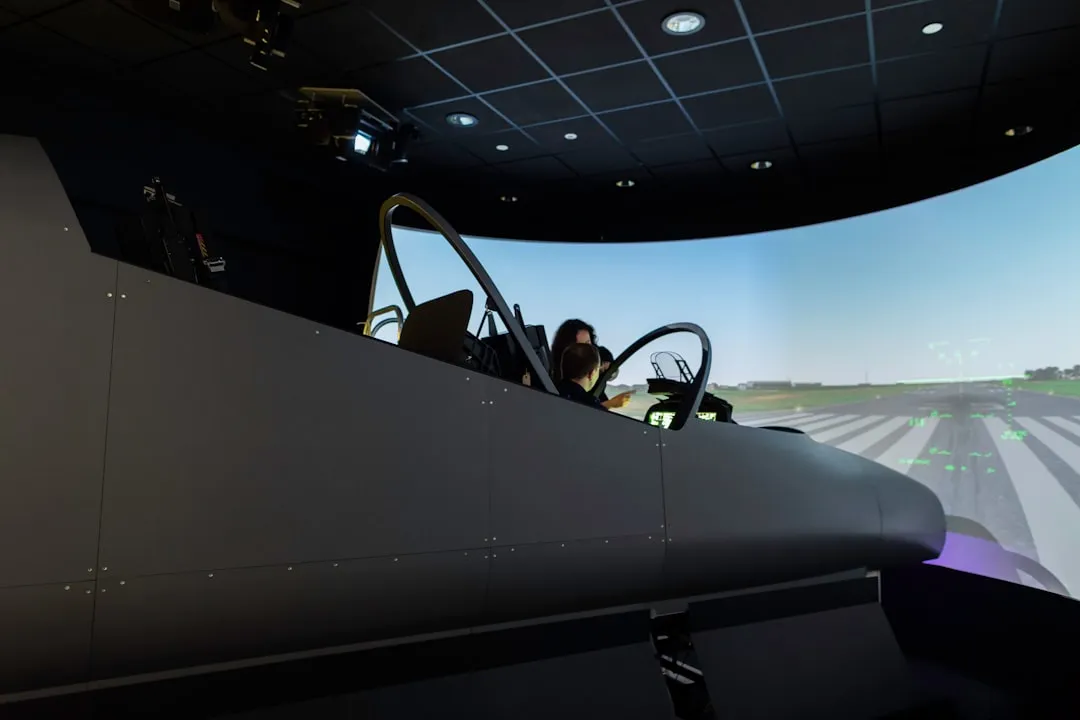


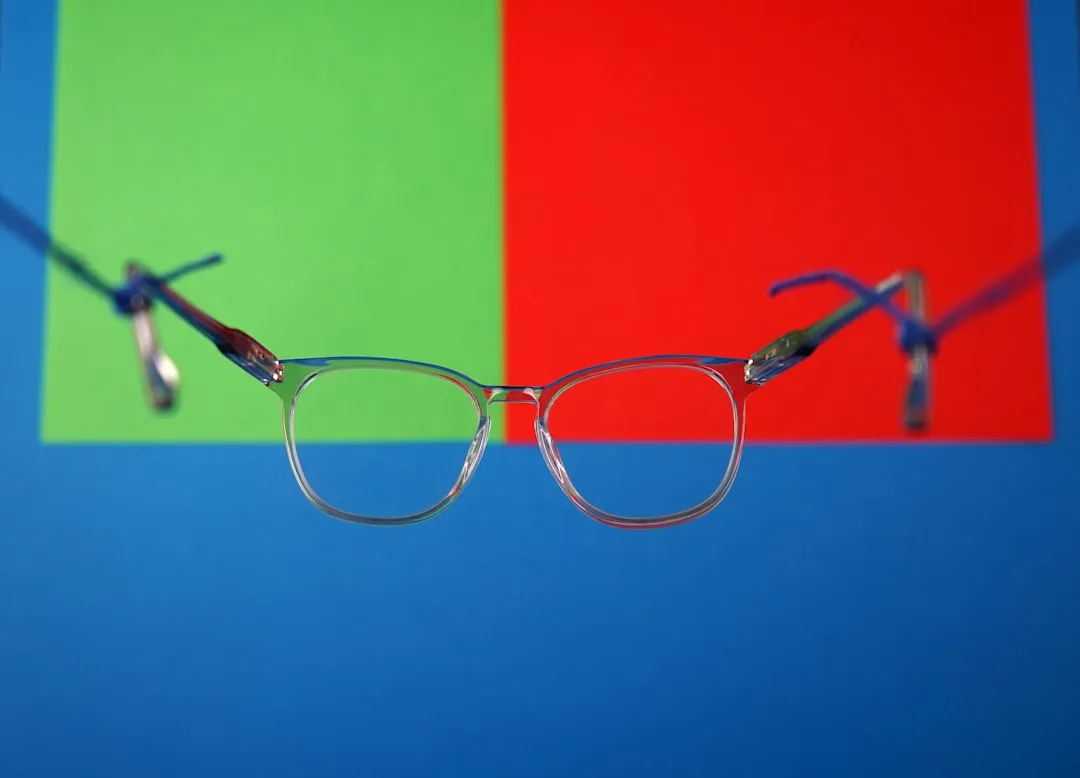



Comments
Be the first, drop a comment!